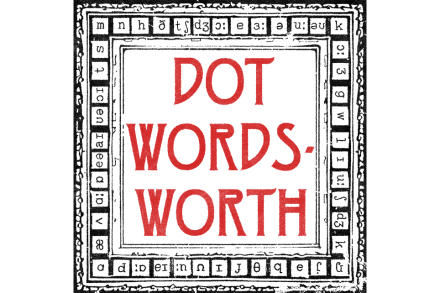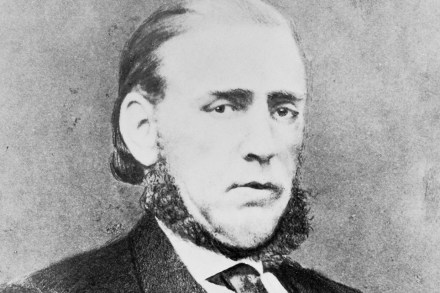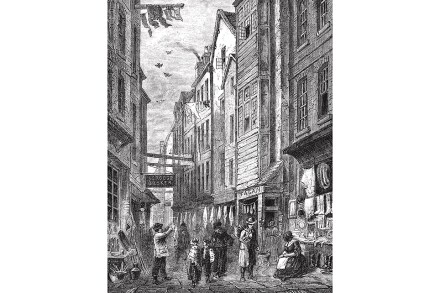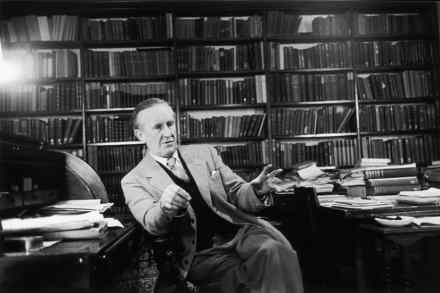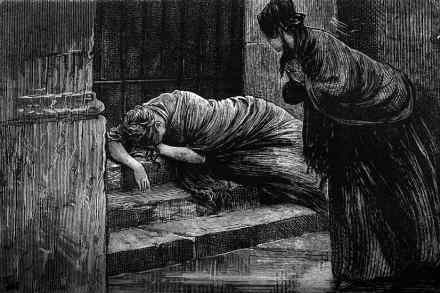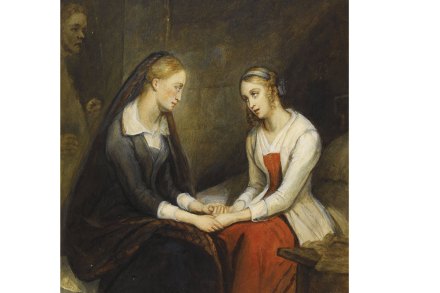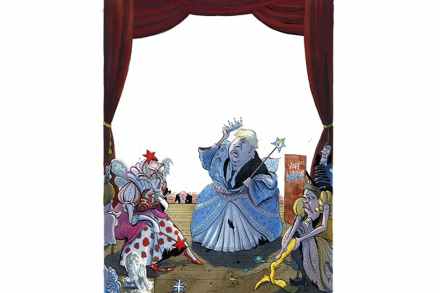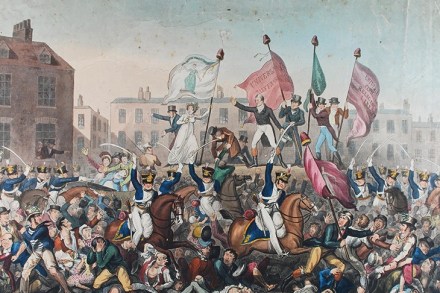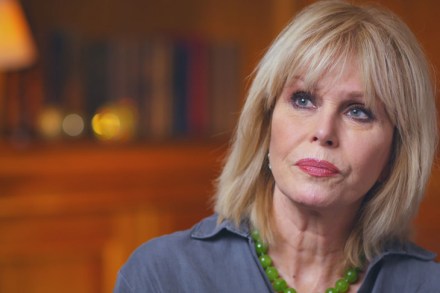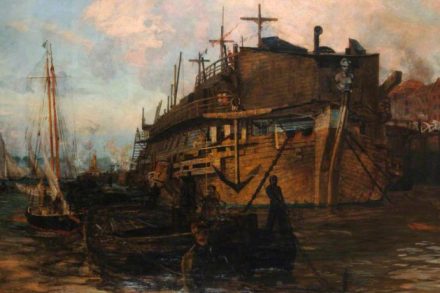The strange rise of ‘watch on’
‘Here’s a piece of filth for you,’ said my husband encouragingly. He was ‘helping’ me, as a cat might help wind wool. He’d come across a letter to the Guardian from 2015, in which Pedr James, who had directed a television dramatisation of Martin Chuzzlewit, drew attention to the name in the book for the proprietor of a ‘boarding house for young gentlemen’, Mrs Todgers. ‘Given her occupation, Todgers suggests to me that Dickens was well aware of the slang meaning which remains with us even today.’ This, the director suggested, exemplified double-entendres in the novel. That reading seems to me misconceived. Dickens did not need concealed sexual references
